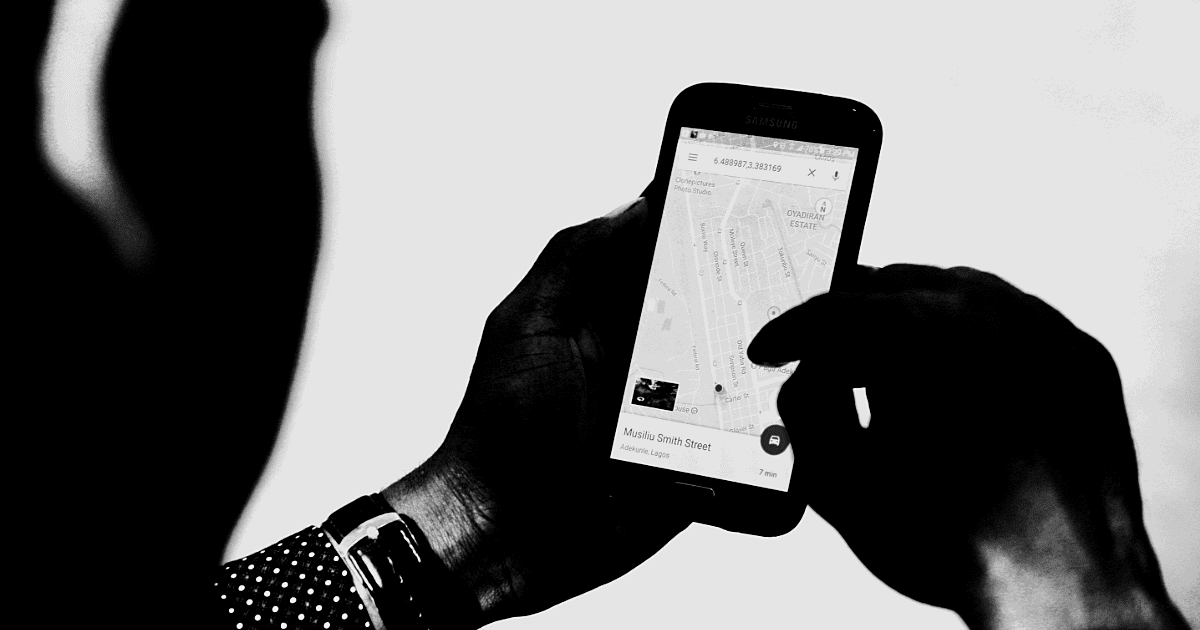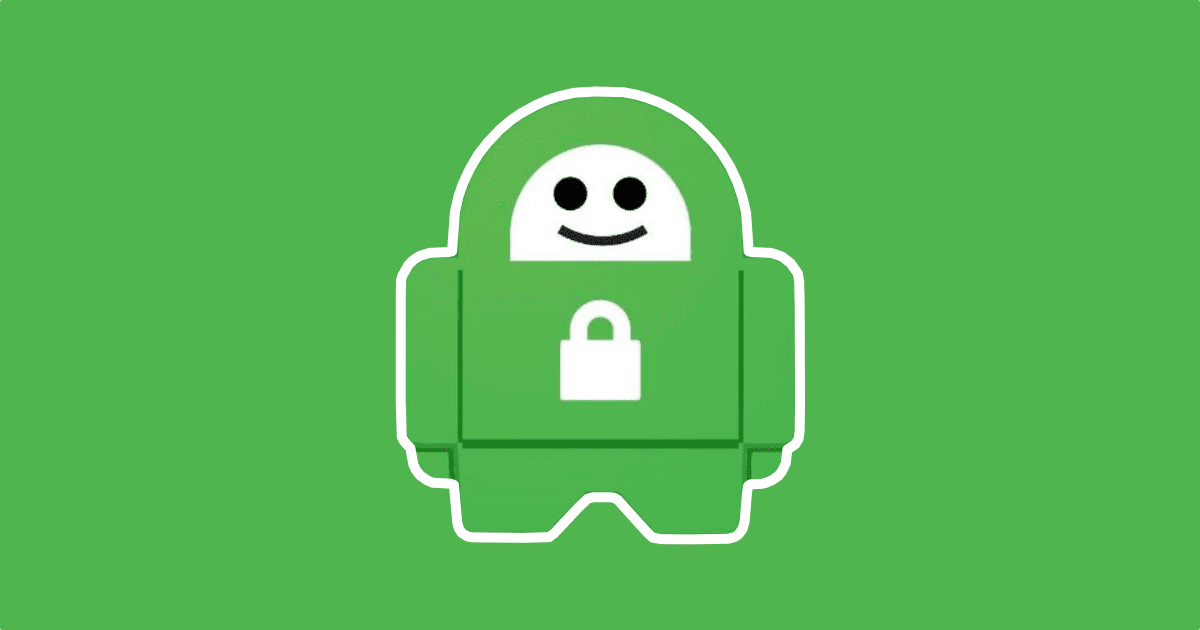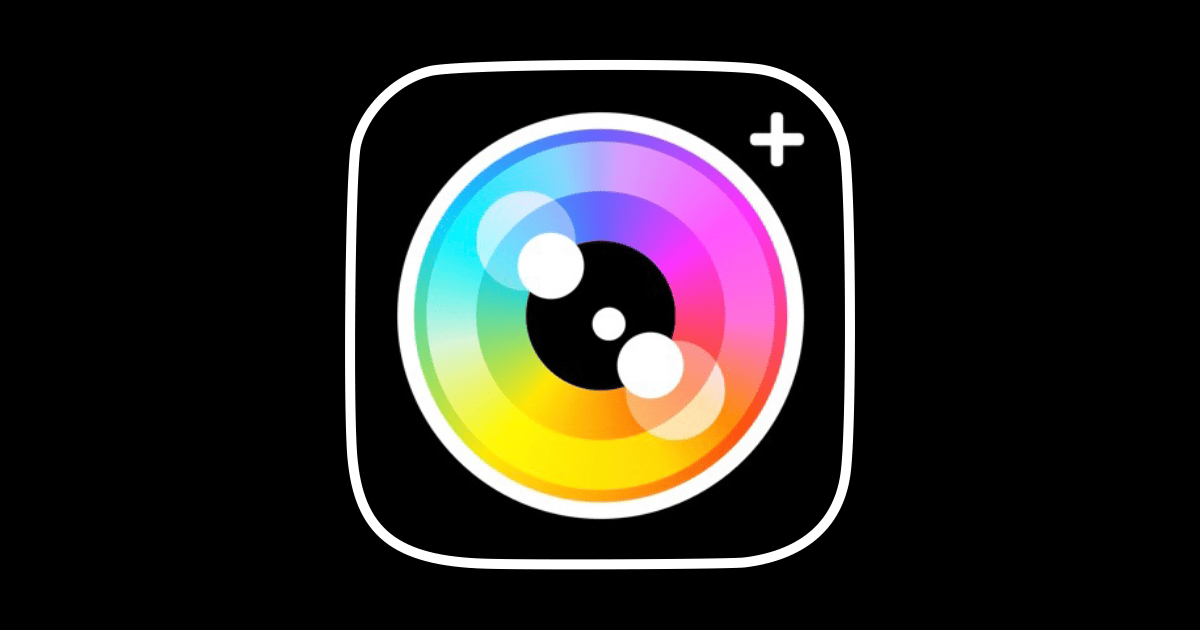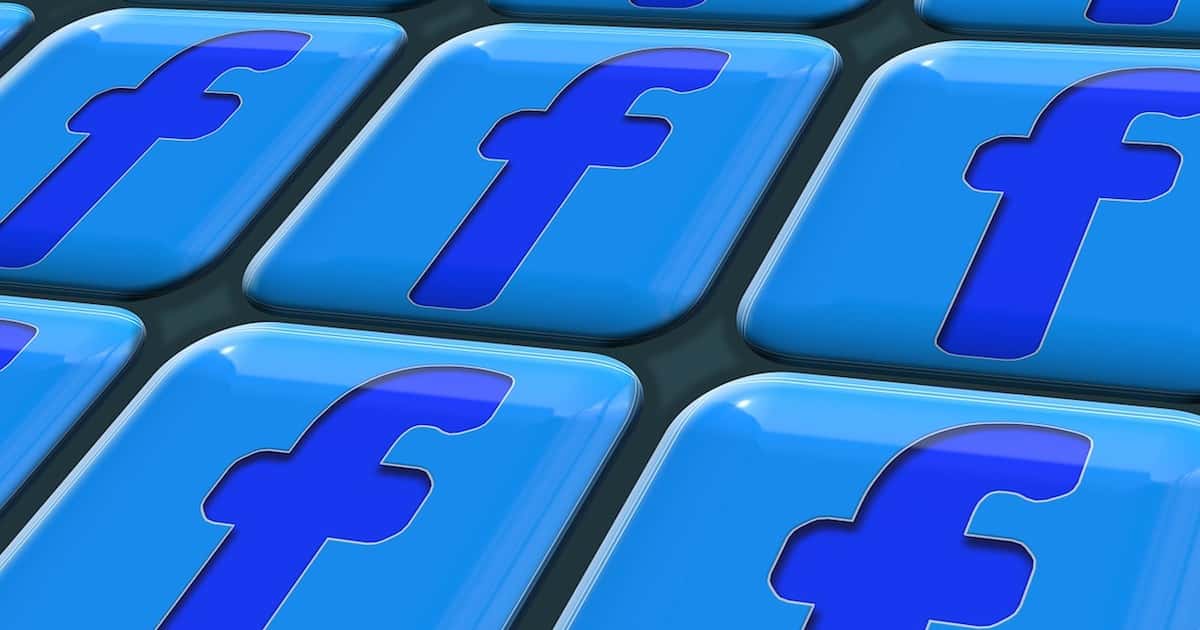Congress approved a bill on Thursday that raises the fine for robocall eras up to US$10,000 per call. It’s called the Telephone Robocall Abuse Criminal Enforcement and Deterrence Act (TRACED).
Once TRACED is enacted, the Federal Communications Commission could fine robocallers up to $10,000 per call. It also would require major carriers like AT&T, Verizon, and T-Mobile to deploy a new technology called STIR/SHAKEN into their networks, which will make it easier for consumers to know if they’re receiving a call from a spoofed number.
Speaking of spoofed numbers, the trick many robocallers use nowadays is to make it appear as if the number they’re calling from is one in your area. Different one each time, making it harder to trace.





















